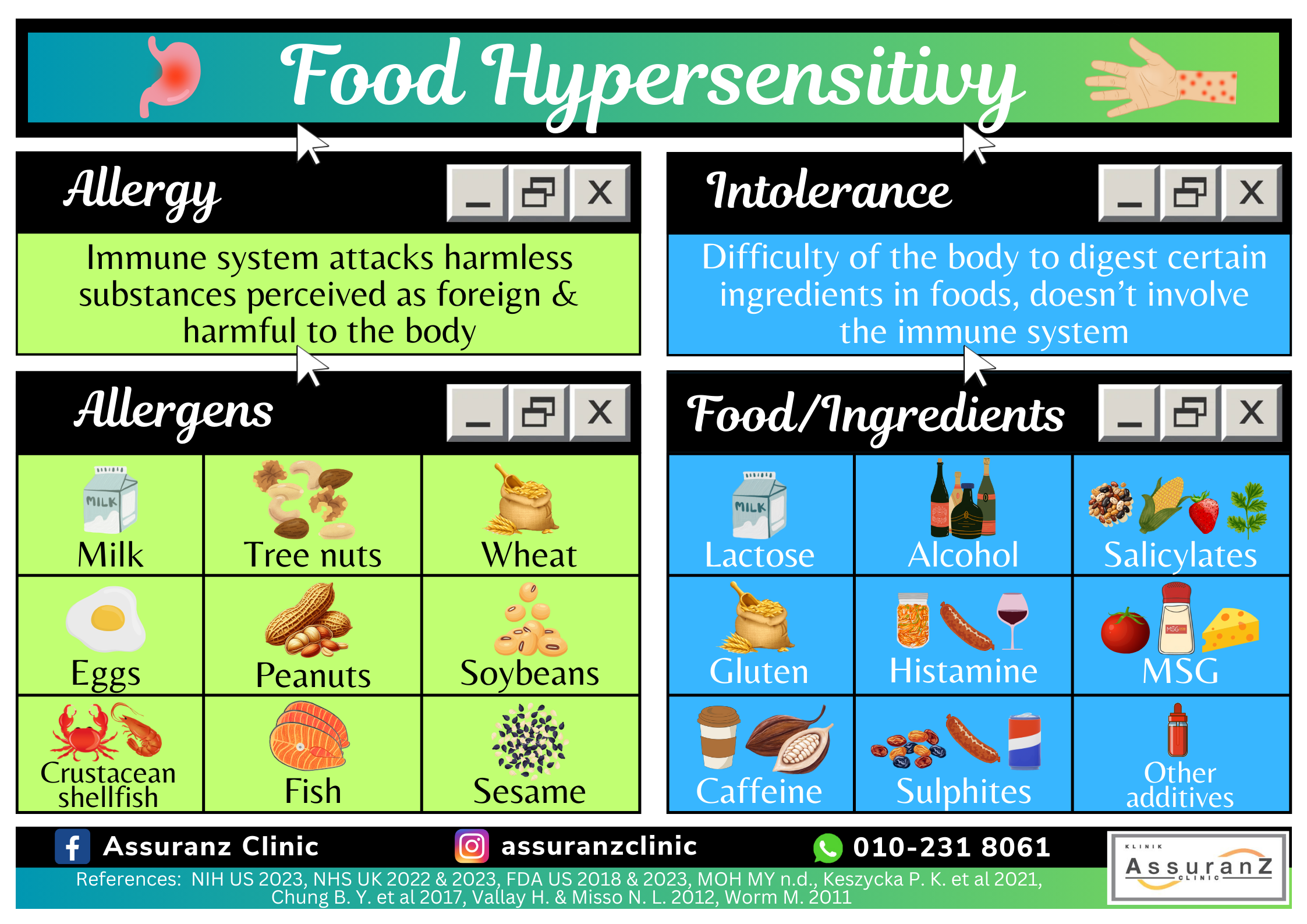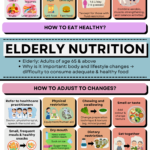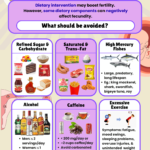Food hypersensitivity is adverse or abnormal reactions upon consuming certain food. This encompasses food allergy and food intolerance. Food allergy happens when the immune system attacks harmless substances that are perceived as foreign and harmful to the body. This is done by producing an antibody known as immunoglobulin E (IgE) to protect the body against the substances, leading to allergic symptoms. The substances causing allergy reactions are proteins called allergens. Food allergic reaction typically involves three main body systems, which are the respiratory system, the digestive system, and the integumentary system (mostly the skin).
食物敏感是指食用某些食物后所产生的不良或异常反应。这包括食物过敏和食物不耐症。食物过敏之所以会发生,是免疫系统攻击被视为外来物且对身体有害的无害物质。这是通过产生一种称为免疫球蛋白E(IgE)的抗体来保护身体免受这些物质的侵害,从而导致过敏症状。引起过敏反应的物质是一种被称为过敏原的蛋白质。食物过敏反应通常涉及身体主要的三个系统,即呼吸系统、消化系统和外皮系统(主要是皮肤)。
Allergic reactions can be mild but in certain cases, severe reactions happen which can lead to death. Food allergy symptoms are:
过敏反应或许会很轻微,但在某些情况下,会发生严重反应,甚至会导致死亡。食物过敏症状有:
- Digestive: itchy or swollen around mouth area including tongue, lips and throat, stomach ache, nausea, diarrhoea and vomiting.
消化系统:口腔周围(包括舌头、嘴唇和喉咙)发痒或肿胀、胃痛、恶心、腹泻和呕吐。
- Integumentary (skin): irritation, swollen eyelids or other parts of the body, pain or tenderness around the face and eczema.
外皮(皮肤):刺激、眼睑或身体其他部位肿胀、面部周围疼痛或压痛和湿疹。
- Respiratory: runny nose, coughing, wheezing or breathlessness.
呼吸系统:流鼻涕、咳嗽、喘息或呼吸困难。
Severe allergic reactions, also known as anaphylaxis, can cause symptoms including difficulty swallowing, difficulty breathing, swelling around the mouth area, dizziness and fainting, confusion, pale, blue or grey skin, lips, and tongue. When this happens, emergency treatment will be needed. The US Food and Drug Administration (FDA) lists 9 food as main food allergens, which are:
严重过敏反应又称为过敏性休克。它可引起吞咽困难、呼吸困难、口周肿胀、头晕和昏厥、意识模糊、皮肤、嘴唇和舌头苍白、发青或发灰等症状。发生这些状况时,需要紧急治疗。美国食品药品监督管理局(FDA)将9种食物列为主要食物过敏原,它们是:
- Milk /牛奶
- Eggs /蛋
- Fish such as bass, flounder and cod /鱼类,如鲈鱼、比目鱼和鳕鱼
- Crustacean shellfish such as crab, lobster, and shrimp /甲壳类贝类,如螃蟹、龙虾和虾
- Tree nuts such as almond, walnut and pecans /坚果类,如杏仁、核桃和山核桃
- Peanuts /花生
- Wheat /小麦
- Soybeans /大豆
- Sesame /芝麻
Meanwhile, food intolerance occurs when there is difficulty of the body to digest particular ingredients in food or drinks. It can be due to lack of digestive enzymes to digest the ingredients and digestive tract issues (such as irritable bowel syndrome). Although food intolerance symptoms can mimic allergy symptoms such as diarrhoea, stomach pain and rashes, it does not involve the immune system, cannot cause anaphylaxis and is normally less serious. Other symptoms of intolerance include bloating, flatulence, headache, constipation, joint pain, and tiredness. Food intolerance can be caused by many ingredients including:
与此同时,食物不耐症之所以会发生,是身体难以消化食物或饮料中的特定成分。这可能是缺乏消化酶来消化成分和消化道问题导致的(例如肠易激综合征)。虽然食物不耐症的症状可能与腹泻、胃痛和皮疹等过敏症状相似,但是它不涉及免疫系统,不会引起过敏反应,而且通常不太严重。其他不耐受症状包括腹胀、胀气、头痛、便秘、关节痛和疲倦。食物不耐受症可能由多种食物里的成分引起,包括:
- Lactose (sugar found in dairy products)
乳糖(乳制品中的糖)
- Gluten (protein found in wheat, barley, and rye)
麸质(小麦、大麦和黑麦中的蛋白质)
- Caffeine (found in coffee, tea, and some carbonated drinks)
咖啡因(存在于咖啡、茶和一些碳酸饮料中)
- Alcohol
酒精
- Histamine (found in certain food such as some fish, fermented products, wine, cheese, and sausage)
组胺(存在于某些鱼类、发酵制品、葡萄酒、奶酪和香肠)
- Sulphites (found in some food such as dried fruit, sausage, minced meat, cider, beer, wine, soft drinks, and bottled juice)
亚硫酸盐(存在于一些食物中,例如干果、香肠、碎肉、苹果酒、啤酒、葡萄酒、软饮料和瓶装果汁)
- Salicylates (found in some legumes, vegetables, fruits, herbs, and spices)
水杨盐酸(存在于一些豆类、蔬菜、水果、草药和香料中)
- Monosodium glutamate (MSG) (found in some food such as ripened fruits, cured meats, cheese and savoury foods)
谷氨酸钠(MSG)(存在于某些食物中,如成熟水果、腌制肉类、奶酪和咸味食品)
There is no cure for food hypersensitivity, but some people can outgrow it, especially those who have had the hypersensitivity during early childhood. The best and most common way to manage food allergy and intolerance is by avoiding food that causes the reactions and contains allergens. This includes whole food groups (such as peanut) and food products containing the allergens or ingredients (such as cookies labelled with ‘contain peanuts’), and other food products with precautionary allergen or ingredient labelling – normally termed as ‘may contain’ (such as cookies labelled with ‘may contain peanut’).
食物过敏无法治愈,但有些人可以随着年龄的增长而摆脱它,尤其是那些在幼儿时期就患有过敏症的人。控制食物过敏和不耐症最好和最常见的方法就是避免食用会引起过敏反应和含有过敏原的食物。这包括整个食物组(如花生)和含有过敏原或成分的食品(如标有“含有花生”的饼干),以及其他带有预防性过敏原或成分标签的食品–通常称为“可能含有”(如标有“可能含有花生”的饼干)。
Children who have allergies are extremely sensitive, therefore it is important to implement total avoidance of any exposure to the allergens, including inhaling or touching the food, and the surface where the food may have come into contact with. To prevent unnecessary avoidance of food and inadequacy of nutrients as a result, one should refer to the healthcare providers to ensure safe management of allergy and intolerance.
患有过敏症的儿童非常敏感,因此,完全避免接触过敏原是重要的,包括吸入或接触含有过敏原的食物。为了防止不必要的避免过敏食物而引起的营养不足,家长应该咨询医疗保健提供者,以确保安全管理过敏和不耐受症。
For intolerance, in some people, reintroduction of ingredients in small doses after avoidance for a period of time can be tolerated. Over-the-counter medicine such as antacid and anti-diarrhoea can help manage the symptoms. In allergy, those with mild allergic reaction will be prescribed with medicines like antihistamines, steroid tablets and topical cream, while severe allergy will be prescribed emergency medicine known as adrenaline auto-injectors (for instance, EpiPen). Severe allergy might also be treated only by medical practitioners through immunotherapy to desensitise them of the allergens.
对于不耐受症,有些人可以在避免一段时间后重新摄入小剂量的成分。非处方药如抗酸药和止泻药可以帮助控制症状。在过敏方面,轻度过敏反应患者将被开具抗组胺药、类固醇片剂和外用药膏等药物,而严重过敏患者则将被开称为肾上腺素自动注射器(例如EpiPen)的紧急药物。严重过敏患者则只有医生可通过免疫疗法治疗,以脱敏对过敏原的敏感性。






